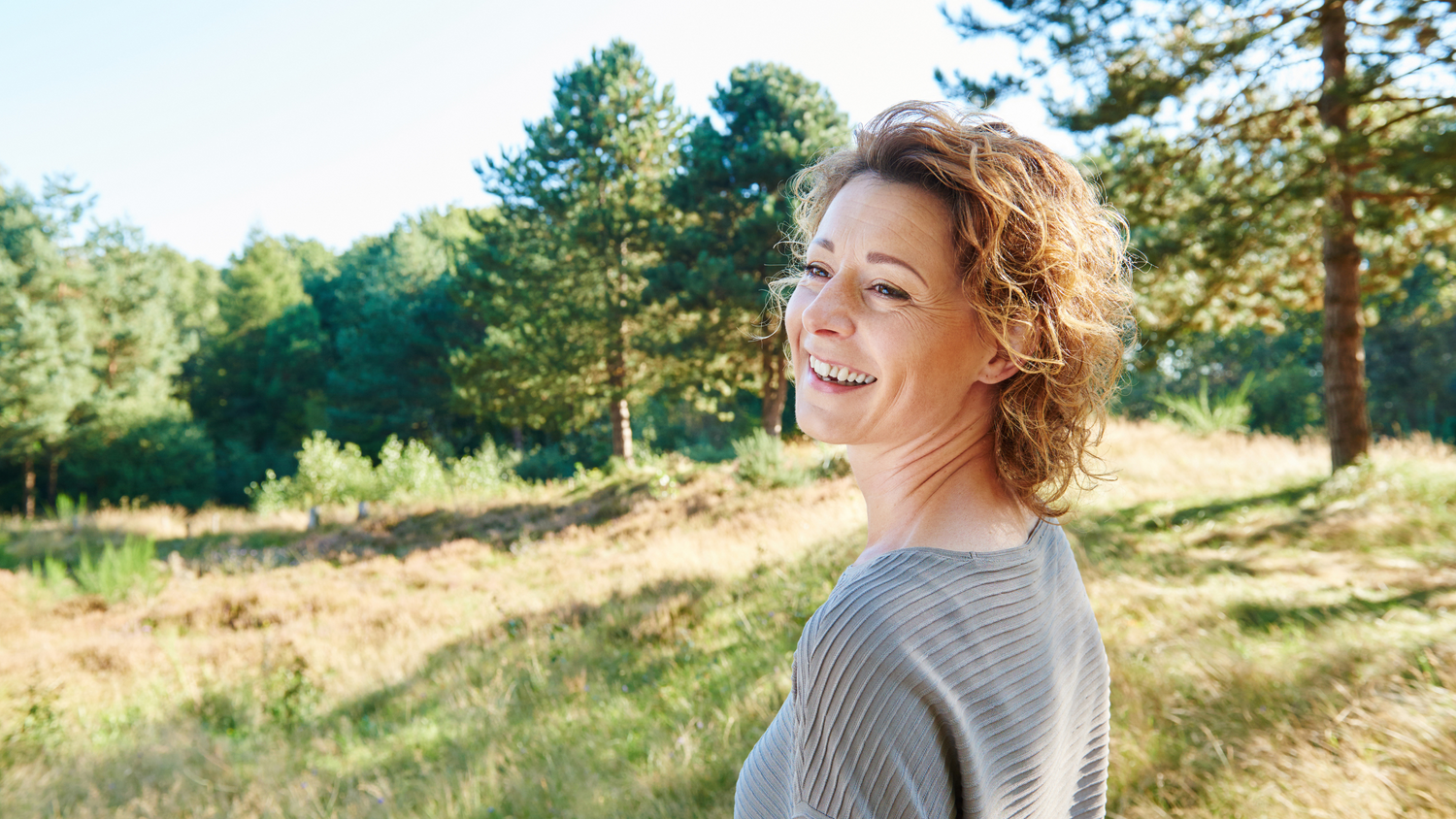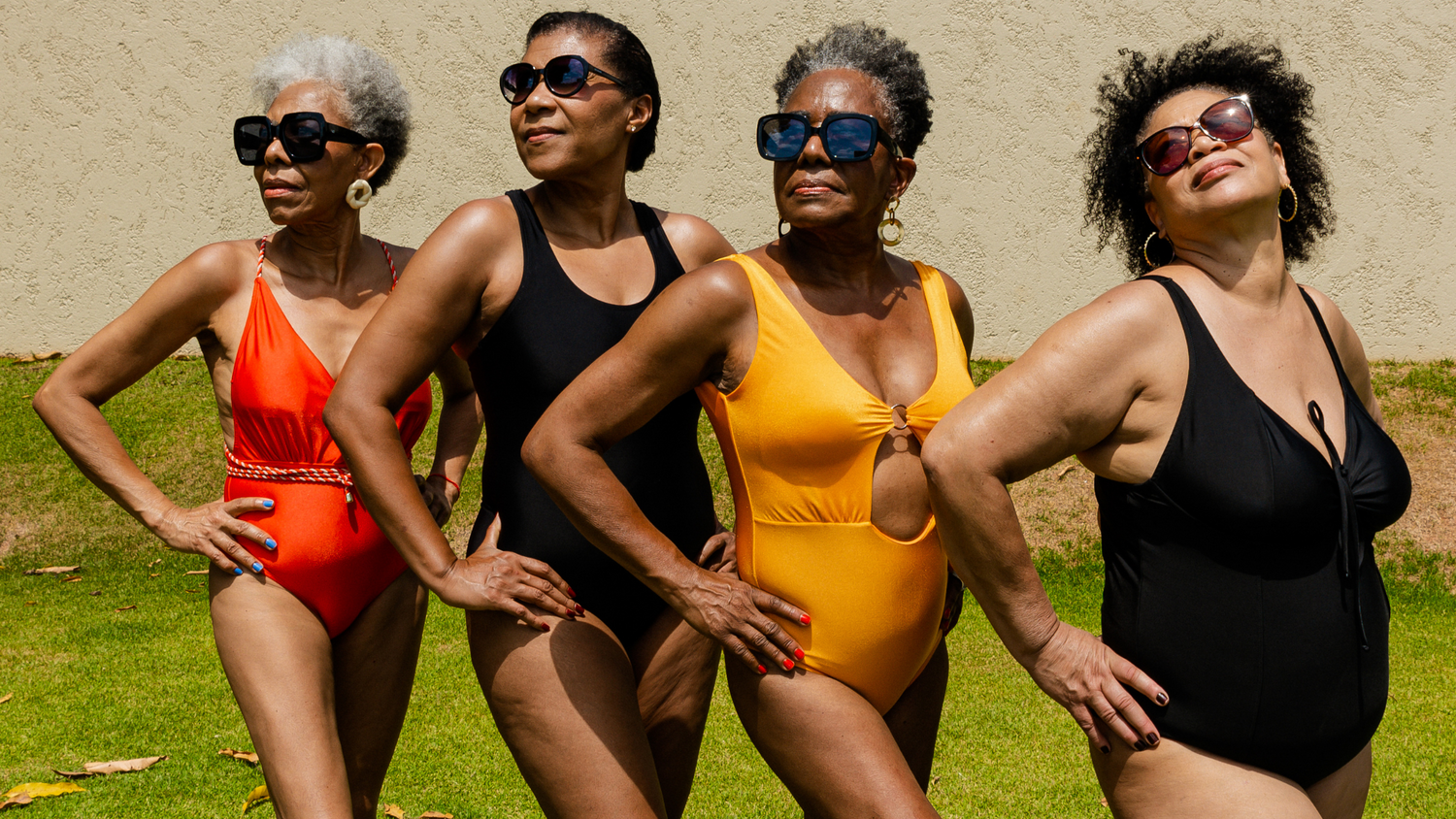If you are reading this article, then you, like so many others, were perhaps surprised by vaginal dryness symptoms in your 30s. These symptoms are uncomfortable and sometimes feel embarrassing (though they shouldn’t!), but they are also incredibly common. Below, find out why this happens and what you can do about it.
Causes of Early Onset Vaginal Dryness Symptoms
If your vagina suddenly feels like an arid desert, many lifestyle factors and changes could be to blame. Don’t worry, vaginal dryness on its own does not mean you’re about to begin perimenopause. Some of these dynamics can be easily changed and help you alleviate your vaginal dryness.

Many women give birth in their 30s, and postpartum vaginal dryness is an incredibly common side effect. Breastfeeding, since it can dehydrate you, can compound the issue. These causes of vaginal dryness usually resolve on their own, once you stop nursing.
Other dehydrating behaviors that can add to your torment include smoking cigarettes, consuming too much coffee, and drinking alcohol. Douching can also dry out your vagina. If you can switch out some of these routines and drink more water, your vagina will likely thank you.
However, some vaginal dryness instigators are not so easily swapped out. Methods of birth control that contain hormones can trigger an imbalance that causes irritation and vaginal dryness symptoms. Antihistamines also cause dryness because the ingredients that prevent your nose from producing too much mucous can also lead to vaginal dryness. Some antidepressants also have the frustrating side effect of dryness.

If you are currently undergoing cancer treatment, you’re a survivor, or you have one of the many other diseases that chemotherapy treats, an abrupt drop in estrogen production is typical, and can cause vaginal dryness in some women. In these cases, you clearly cannot stop treatment, so your best bet is to find a solution that works for you. No one, at any age, should suffer from long-term vaginal dryness symptoms.
Vaginal Dryness in Your 30s Is Prevalent, But You Don’t Have to Live With It
If you haven’t already, you should mention your symptoms to your doctor at your next checkup. Women can alter their lifestyle to reduce some of the above causes of vaginal dryness and can use a process of elimination to find out which factors are causing the irritation. If that doesn’t work, don’t stop looking for a solution! So many women have been in the same situation, and there is a light at the end of the tunnel.





